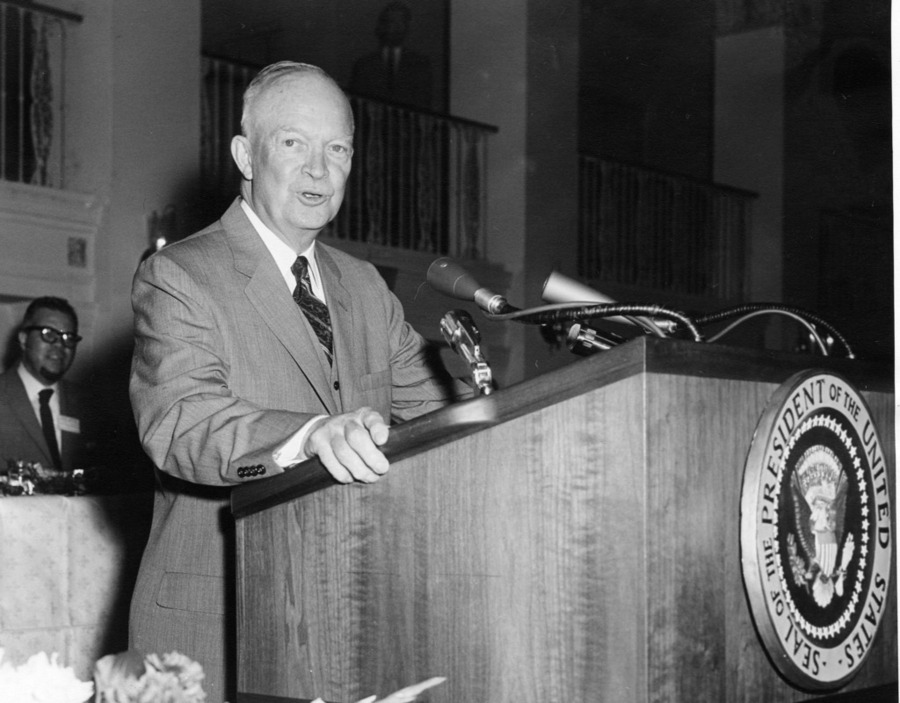The FBI Responds to Senator Paul, Who Has More Questions About Drones in U.S. Airspace
Drones continue to raise Senator Rand Paul's (R-KY) hackles---the FBI's drones especially, these days.
Last month, and following drone-related congressional testimony by outgoing FBI Director Robert S.
Published by The Lawfare Institute
in Cooperation With

Drones continue to raise Senator Rand Paul's (R-KY) hackles---the FBI's drones especially, these days.
Last month, and following drone-related congressional testimony by outgoing FBI Director Robert S. Mueller, Paul wrote to the Bureau and asked a number of follow-up questions:
The FBI responded to Senator Paul this week, and identified ten instances since 2006 in which the FBI has used drones---while noting that the agency additionally was authorized to use them in three other cases, but did not do so. The letter also lays out the FBI's drone procedures generally, confirms that FBI drones are unarmed, and---surprise---declines to elaborate further, given the matter's sensitivity. (The letter also had a classified addendum.) The FBI adds that Bureau lawyers review drone flight requests, in order to address any Fourth Amendment or privacy concerns, and further that the FBI has not, as of yet, sought search warrants or judicial orders before deploying its drones. So did this mollify the Kentucky libertarian? Apparently not. Senator Paul recently said he would place a "hold" on James B. Comey's nomination to be FBI Director until Paul received sufficient responses to his inquiries; Politico reports that the Senator is leaving the hold in place for the time being. Senator Paul also introduced legislation that would require a warrant prior to using a drone within the United States, when the use "pertain[s] to criminal conduct or conduct in violation of a statute or regulation." This brings us to yesterday, when Senator Paul wrote to Mueller and sought clarification as to how the FBI determines whether an individual has a reasonable expectation of privacy---and thus, whether a warrant is required in advance of drone surveillance. Relatedly, the Senator also asks for copies of any guidance and policies the Bureau relies upon when considering seeking FAA authorization to use drones. All this has a somewhat familiar feel: drones, executive branch nominations, and Senator Paul. Is another filibuster in the works?
- How long has the FBI been using drones without stated privacy protections or operational guidelines?
- Why is the FBI only now beginning to develop guidelines for the use of drone surveillance?
- Is the FBI working in consultation with Congress in developing operational guidelines for drone surveillance?
- What measures do you intend to adopt to protect Fourth Amendment and privacy rights?
- Will the FBI make publicly available all rules, procedures and operational guidelines for drone use?
- Given that they have already been used, what has the FBI done with information already collected by drones? What are the rules governing storage of information collected via drone?
- In what circumstances would the FBI elect to use drone surveillance? Does this surveillance require a warrant?
- How many drones does the FBI possess? Is the FBI seeking to expand its inventory of drones?
- Are these drones armed? Do they have the capacity to be armed? If so, what guidelines will be put in place regarding the arming of drones and the use of armed drones?
- Is there ever a scenario you can envision where the FBI would seek to arm its drones?
- Does the FBI currently prohibit federal grant funds under its jurisdiction from being used by recipients to purchase drones?
Raffaela Wakeman is a Senior Director at In-Q-Tel. She started her career at the Brookings Institution, where she spent five years conducting research on national security, election reform, and Congress. During this time she was also the Associate Editor of Lawfare. From there, Raffaela practiced law at the U.S. Department of Defense for four years, advising her clients on privacy and surveillance law, cybersecurity, and foreign liaison relationships. She departed DoD in 2019 to join the Majority Staff of the House Permanent Select Committee on Intelligence, where she oversaw the Intelligence Community’s science and technology portfolios, cybersecurity, and surveillance activities. She left HPSCI in May 2021 to join IQT.
Raffaela received her BS and MS in Political Science from the Massachusetts Institute of Technology in 2009 and her law degree from Georgetown University Law Center in 2015, where she was recognized for her commitment to public service with the Joyce Chiang Memorial Award. While at the Department of Defense, she was the inaugural recipient of the Office of the Director of National Intelligence’s General Counsel Award for exhibiting the highest standards of leadership, professional conduct, and integrity.





